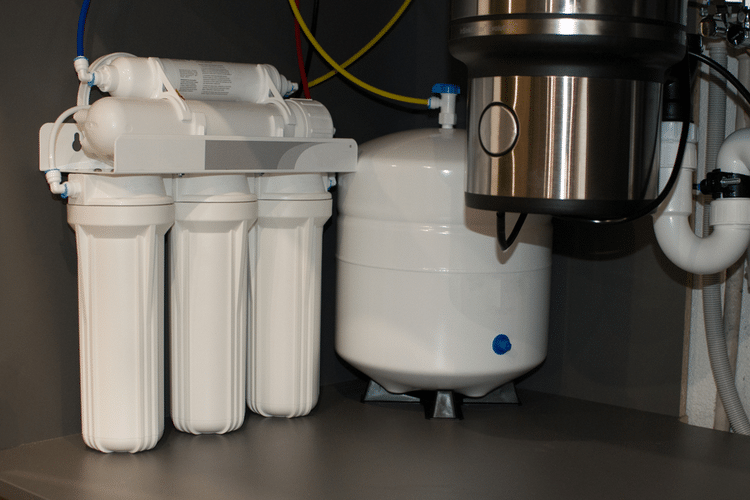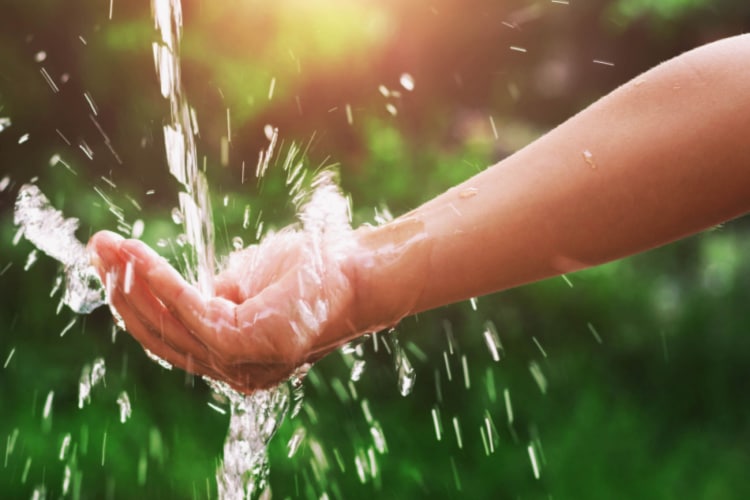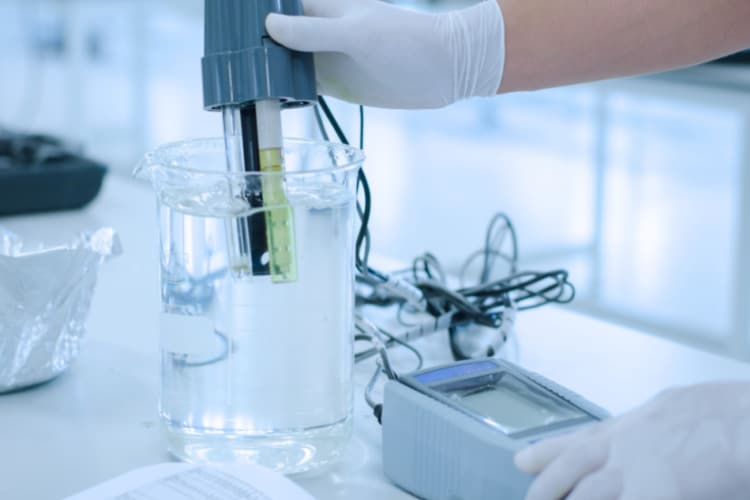Not all water is the same. Anyone who has visited an ocean can tell you that. But even tap water can differ dramatically. Therefore, people turn to filters and other treatment options for their drinking water.
Reverse osmosis (RO) is a popular method for purifying water. It uses a permeable membrane to remove contaminants and provide pure water suitable for drinking. It eliminates almost everything, including microbes and minerals.
Yet, RO water has come under scrutiny recently. Some reports indicate that using this water treatment method isn’t wise. As a result, certain countries might ban it. While others still stand behind it as a safe solution. So what is the truth?

Is RO Water Banned in Europe?
Europe has not banned RO water. Although many choose to boycott reverse osmosis water treatment, No European government has banned the use of RO systems.
The National Green Tribunal of New Delhi, India, is the only known place that has banned RO water systems. And even then, they have only banned this treatment method when the total dissolved solids (TDS) are less than 500.
If you’ve heard otherwise, it’s probably nothing but a rumor. But like most rumors, there’s always a bit of truth. So maybe the answer to “Is RO water banned in Europe?” could be yes in the future.
With reverse osmosis water, the truth of the rumor comes from the many disadvantages of RO water. It’s not a perfect system for water treatment.
The Disadvantages of Reverse Osmosis
The main disadvantages of reverse osmosis are creating a significant amount of wastewater and a lack of mineral content necessary for human health. It also results in water with an acidic pH and the need to replace the RO membrane.
Let’s dive into each one of these disadvantages in detail.
Waste Water
For most people, the main disadvantage of reverse osmosis is that the systems produce a significant amount of wastewater. In many cases, 70% to 80% of the water used is rejected, often put directly into a drain solely to produce purified water.

In reverse osmosis systems, every 1 gallon of purified water results in 3 to 5 gallons of wastewater. This number increases over time as the membrane used in the RO process wears out and becomes clogged. It can be as high as 20 gallons wasted per gallon treated.
But this doesn’t tell the whole story. Some modern RO water treatment systems reintroduce the water into the system for other uses. In these systems, known as zero waste, the water is used for different needs like washing dishes or showering. So it doesn’t go to waste.
Hopefully, these systems will become more prevalent where it makes sense to use RO systems, and the wastewater concern will become a thing of the past.
Low Mineral Content

Another main disadvantage to RO water is the low mineral content, which might be why the answer to “Is RO water banned in Europe?” could change in the future.
According to the World Health Organization (WHO), water with all mineral components removed can harm your health. It can lead to deficient levels of magnesium and calcium, causing a variety of downstream health issues.
The solution is to remineralize water treated by reverse osmosis. Some RO systems already have this feature, which reintroduces necessary minerals into the purified water. When that is the case, you don’t need to be concerned about the low mineral content.
Additionally, others argue that if you are ingesting a proper diet, you should be able to avoid deficient levels of minerals caused by drinking water. Of course, minerals can come from water, but that shouldn’t be your only source.
Acidic pH

Reverse osmosis water has a more acidic pH as compared to untreated water. Therefore, removing all contaminants and minerals causes the pH level to become more acidic, potentially harmful to your health.
Alkaline water has become quite popular recently, based on the idea that acidic water is harmful to your health. Some alkaline water providers say that the pH of their water is around 9 to 9.5.
If you take water that is already low in pH and use reverse osmosis to treat it, the result can be pretty low. RO-filtered water has a pH of around 6 to 6.5.
So which is harmful? According to the EPA, water with a pH of 6.5 to 8.5 is safe for drinking. Based on this guidance, water treated with reverse osmosis and water treated to be highly alkaline might be harmful.
Maybe this is an area where “Is RO banned in Europe?” could be yes if the acidity is too strong. And at the same time, they could ban high pH alkaline water.
Or, perhaps, it’s a good idea to incorporate both types of water into your diet for a varied take on pH in your body.
Membrane Replacement

Another disadvantage to RO water is that the membrane used to treat water and separate contaminants from purified water needs replacing regularly. Many systems urge replacement in 2 to 3 years, but it depends on usage.
The replacement of an RO system’s membrane can be done quickly and painlessly in many cases. Although sometimes it is more invasive and expensive. It depends on the system used and how complex it is.
If a reverse osmosis system goes too long without replacement, it can lead to additional wastewater usage. So is RO water banned in Europe? Not right now, but maybe if people use them regularly without replacing the membrane.
Not Necessary
Finally, water treatment is unnecessary in some places and wastes a precious resource. When living in an area that provides purified water safe for drinking, using RO systems simply wastes water. The water is already safe to drink.
Understandably, some people want to ensure their water is of the best quality. But we have to consider the health of all those around us too. And if we’re needlessly throwing water down the drain, that is not beneficial to society.